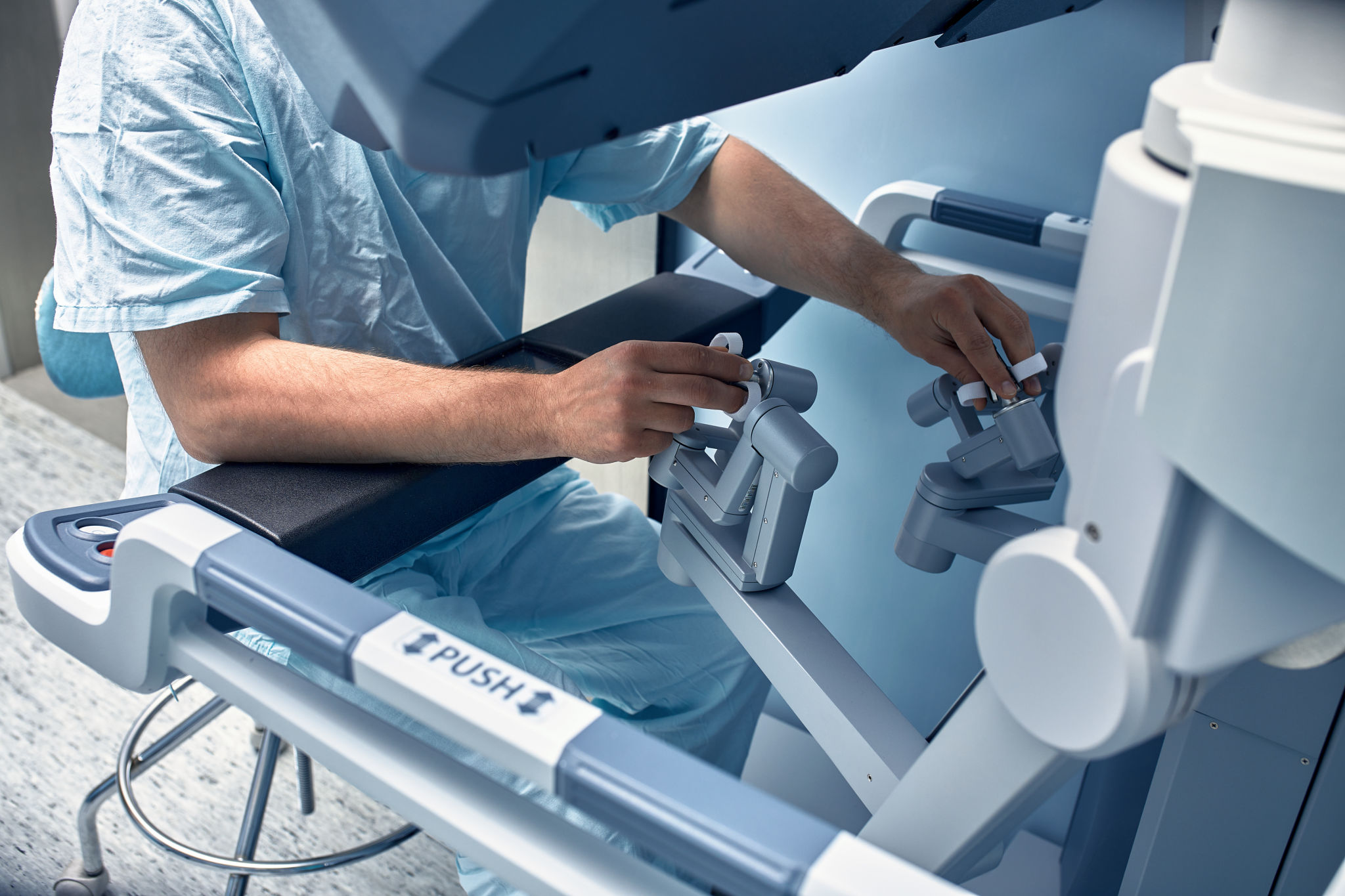Innovations in Healthcare: Embracing Modern Technology
Transforming Patient Care
The healthcare industry is undergoing a remarkable transformation, driven by the integration of modern technology. With advancements in artificial intelligence, telemedicine, and wearable devices, patient care is becoming more personalized, efficient, and accessible. These innovations are not only improving outcomes but also reshaping how healthcare is delivered.

Artificial Intelligence in Diagnosis
Artificial Intelligence (AI) is revolutionizing the way medical professionals diagnose and treat diseases. AI algorithms can quickly analyze complex datasets, leading to faster and more accurate diagnoses. This is particularly beneficial in fields such as radiology and oncology, where AI can detect anomalies that might be missed by the human eye. As AI continues to develop, its potential to enhance diagnostic precision and speed is immense.
The Rise of Telemedicine
Telemedicine has emerged as a crucial component of healthcare, especially in the wake of the COVID-19 pandemic. It allows patients to consult with healthcare providers remotely, reducing the need for in-person visits. This technological innovation not only increases convenience for patients but also helps reduce the burden on healthcare facilities. Telemedicine ensures that individuals in remote or underserved areas have access to quality medical care.

Wearable Technology and Health Monitoring
Wearable technology is gaining traction as a tool for continuous health monitoring. Devices such as smartwatches and fitness trackers provide real-time data on vital signs, physical activity, and sleep patterns. By enabling users to monitor their health daily, these devices promote proactive health management and early detection of potential health issues.
Robotics in Surgery
Robotic-assisted surgery is another groundbreaking innovation in healthcare. Robotic systems provide surgeons with enhanced precision, flexibility, and control during surgical procedures. Minimally invasive surgeries are becoming more common due to the use of robotics, leading to faster recovery times and reduced risk of complications. As technology progresses, we can expect further advancements in surgical robotics.

Data Security and Privacy Concerns
While technological innovations bring numerous benefits, they also raise concerns about data security and privacy. Protecting patient information is paramount, as healthcare data breaches can have severe consequences. Healthcare providers must implement robust cybersecurity measures to safeguard sensitive information while complying with regulations such as HIPAA.
The Future of Healthcare Innovation
The future of healthcare promises even more exciting advancements. Technologies such as blockchain for secure medical records, 3D printing for custom prosthetics, and genomics for personalized medicine are on the horizon. These innovations will continue to push the boundaries of what is possible in patient care.

In conclusion, the integration of modern technology into healthcare is transforming the industry at an unprecedented pace. By embracing these innovations, we can improve patient outcomes, increase efficiency, and make healthcare more accessible to everyone. The journey towards a technologically advanced healthcare system is just beginning, and its potential is boundless.
